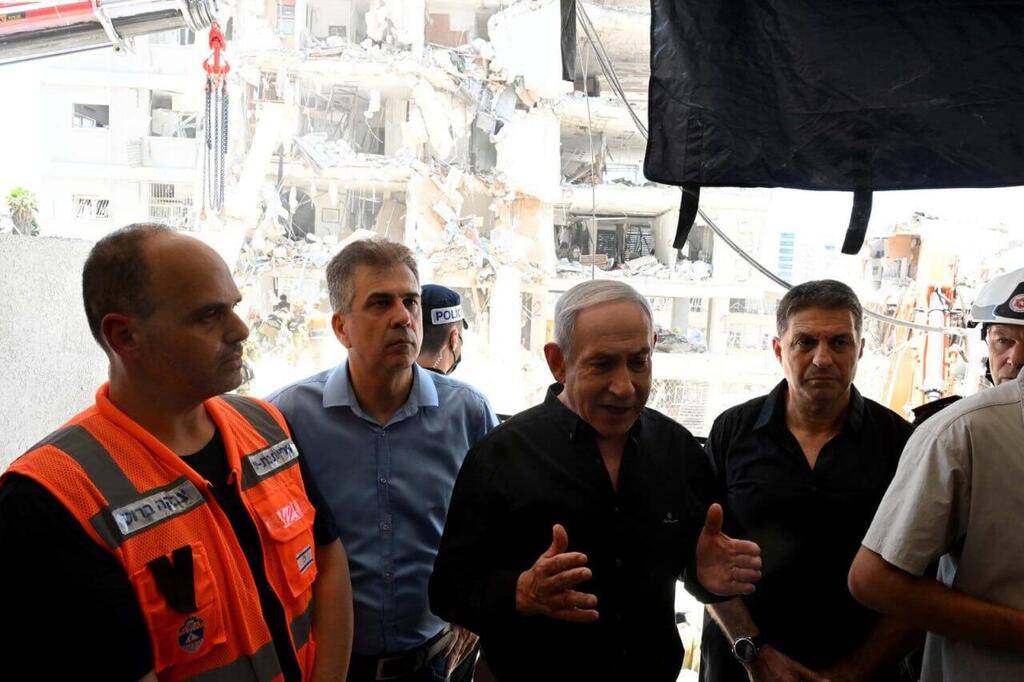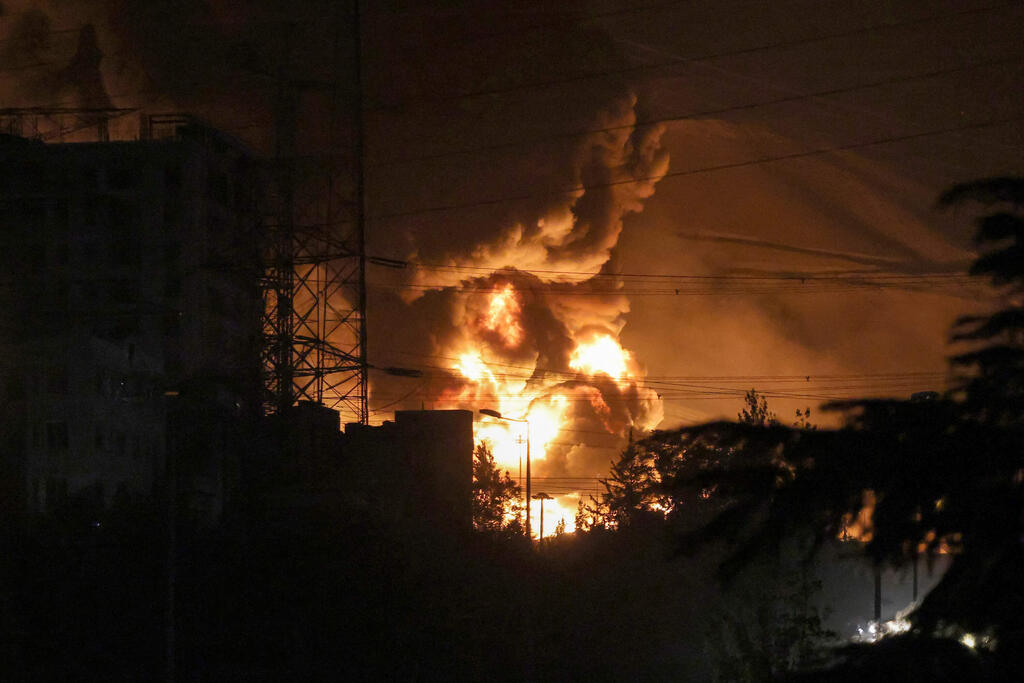Getting your Trinity Audio player ready...
Israel and Iran continued to exchange attacks over the weekend, two days after Israel launched a surprise strike on Iran’s nuclear program.
As the scope of Israel’s offensive becomes clearer, it appears the Jewish state is pursuing a broader objective: weakening, or potentially toppling, the Iranian regime.
The weekend’s airstrikes targeted not only Iran’s nuclear facilities, missile factories, and anti-aircraft batteries but also senior figures in the country’s military command and nuclear program. The attacks killed the commander of the Islamic Revolutionary Guard Corps (IRGC), the chief of staff of the armed forces, and several other top IRGC leaders.
In a video address released hours after the offensive began, Israeli Prime Minister Benjamin Netanyahu made a direct appeal to the Iranian public.
“The Islamic regime, which has oppressed you for almost 50 years, threatens to destroy our country, the State of Israel,” Netanyahu said. “The objective of Israel's operation is to thwart the Islamic regime's nuclear and ballistic missile threat to us. As we achieve our objective, we are also clearing the path for you to achieve your freedom.”
Netanyahu and other Israeli leaders have not publicly stated that regime change is the explicit goal of the campaign.
“It doesn’t appear to be an explicit goal and also is a very unrealistic one,” Dr. Menahem Merhavy, a research fellow and expert on Iran at the Harry S. Truman Institute for the Advancement of Peace at the Hebrew University of Jerusalem, said. “There are a lot of factors that need to come together in order for that to happen, and none of them appear to exist.”
“Regimes usually do not fall as a result of an external blow,” Merhavy added. He outlined several conditions necessary for such a collapse.
“We need to see the collapse of government systems, the defection of military forces to the opposition, and an alternative leadership with a coherent and unified ideology,” he said. “None of these conditions are present.”
According to Prof. David Menashri of the Alliance Center for Iranian Studies at Tel Aviv University, a successful opposition movement must emerge organically from within Iranian society. Citing Iran’s long history of civil unrest and dissent, he noted that opposition forces have frequently expressed frustration with the regime’s spending on proxy groups designed to encircle Israel.
“This led to criticism that the regime was investing more money in its proxies at the expense of the Iranian people,” Menashri said.
Whether Israel can overcome decades of hostility from both the Iranian leadership and much of the Shiite population remains uncertain.
At the same time, Iran is grappling with a worsening economic crisis, growing restrictions on personal freedoms, and widespread violations of women’s and minority rights. Israel appears to be trying to exploit this discontent to drive a wedge between the Iranian public and its rulers.
The Israeli government has promised a prolonged and determined campaign, seemingly hoping that extended military pressure will eventually trigger popular unrest inside Iran. Since the start of the operation—code-named “Rising Lion”—Israel has claimed major successes.
Israeli fighter jets reportedly conducted strikes in broad daylight on Sunday, including in Tehran. Videos circulating on social media showed what appeared to be Israeli air force attacks on military bases in the capital. Defense Minister Israel Katz warned Tehran would “burn” if it continued to launch missile barrages against Israeli cities, referring to two nights of heavy rocket fire targeting civilian areas.
“The Iranian regime has taken a significant hit,” said Merhavy. “But it is still very much unified and managed to quickly replace the senior leadership which was targeted by Israel.”
Iran’s opposition movement consists of a diverse array of domestic critics and exiled dissidents. While united in their rejection of the regime’s authoritarianism, they differ widely in ideology. Some oppose the regime’s hostility toward Israel, while others share it. In his address, Netanyahu attempted to reach out to those open to reconciliation.
“Such statements are counterproductive,” Merhavy said. “Even if there was a coherent opposition in Iran, none of them want to be seen as helping Israel topple the regime or acting on behalf of Netanyahu… this is just unnecessary talk.”
Over the years, Netanyahu has made several such appeals in an effort to bypass the Iranian government and speak directly to its citizens.
“Support for the opposition from outside could be harmful,” Menashri agreed. “The Iranian people are a people with great national pride.”
Iran’s pursuit of nuclear capability is not limited to the current leadership.
“Iran’s right to nuclear power is a national consensus,” Menashri said. “Even the most radical opposition to the regime believes Iran has the right to develop nuclear power, not necessarily for military purposes.”
Since the October 7, 2023, Hamas-led attack on Israel, which sparked a wider regional conflict, Netanyahu has repeatedly said he intends to reshape the Middle East.
Get the Ynetnews app on your smartphone: Google Play: https://bit.ly/4eJ37pE | Apple App Store: https://bit.ly/3ZL7iNv
Israel’s military advances against Iranian proxies in Lebanon and Syria have created what many in the Israeli defense establishment see as an opportunity to strike Iran directly. Israeli officials believe the Islamic Republic is currently in one of its weakest positions in years.
“The ground is ripe for a regime change,” said Menashri. “But one never knows what will spark it.”
It remains to be seen whether Israel’s campaign can destroy or meaningfully set back Iran’s nuclear program. Even limited success could pressure Iran back into negotiations, possibly on terms it previously rejected. While regime change may be an outcome of that pressure, explicitly pursuing it could backfire.
“Israel might be better off with a weakened regime than a regime it is not familiar with,” Merhavy said.




